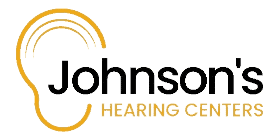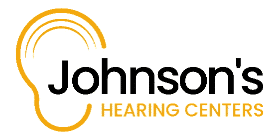Hearing aids are a lifeline for many, transforming sounds into clarity and connection. For those with hearing loss, these small devices are necessary for improving communication and quality of life. Proper care is important to ensure their longevity and optimal performance. Regular maintenance, along with an understanding of how to handle and clean them, can make a significant difference. In this guide, we’ll cover the best practices for caring for hearing aids while highlighting common mistakes to avoid.
Keep Hearing Aids Dry
Moisture is a leading cause of damage to hearing aids. Exposure to water can harm delicate internal components, leading to malfunctions. Removing hearing aids before swimming, showering, or entering a humid environment can prevent unwanted issues.
Consider investing in a dehumidifier designed specifically for hearing aids. These devices help eliminate moisture that may accumulate during the day. Using one overnight is an excellent way to maintain the hearing aids’ functionality.
Clean Hearing Aids Regularly
Dust, earwax, and debris can accumulate on hearing aids, impairing sound quality. Regular cleaning helps prevent blockages and keeps them working efficiently. A soft, dry cloth is ideal for wiping down the devices daily.
For deeper cleaning, use tools specifically designed for hearing aids, like wax removal brushes or picks. Avoid using household cleaners or water, as these can damage sensitive components. Always refer to the manufacturer’s guidelines for specific care instructions.
Store Hearing Aids Properly
Proper storage can extend the life of hearing aids. Placing them in a protective case helps shield them from dust and accidental damage when not in use. This is particularly important when traveling or during long periods of non-use.
Avoid storing hearing aids in extreme temperatures, such as inside a car on a hot day or near a window during winter. Heat and cold can affect their functionality and shorten their lifespan.
Handle with Clean Hands
Touching hearing aids with dirty or oily hands can transfer residue onto the devices, potentially causing blockages or wear. Washing hands thoroughly before handling ensures that dirt and oils don’t interfere with their performance.
In addition, handling them gently minimizes the risk of dropping or damaging sensitive parts. Inserting or removing hearing aids over a soft surface, like a towel, can provide extra protection.
Replace Batteries as Needed
Hearing aids depend on reliable power to function correctly. Signs of a dying battery include reduced volume, distortion, or intermittent operation. Replacing batteries promptly ensures uninterrupted use.
When replacing batteries, keep spare ones on hand. Storing them in a cool, dry place helps preserve their lifespan. Properly disposing of old batteries is also important for environmental safety.
Routine check-ups with a hearing health professional can catch potential issues early. Professionals can perform deep cleaning, replace worn-out parts, and ensure the hearing aids are properly calibrated.
Regular maintenance appointments also provide an opportunity to address any concerns or questions. Staying proactive about care can significantly enhance the lifespan of hearing aids.


